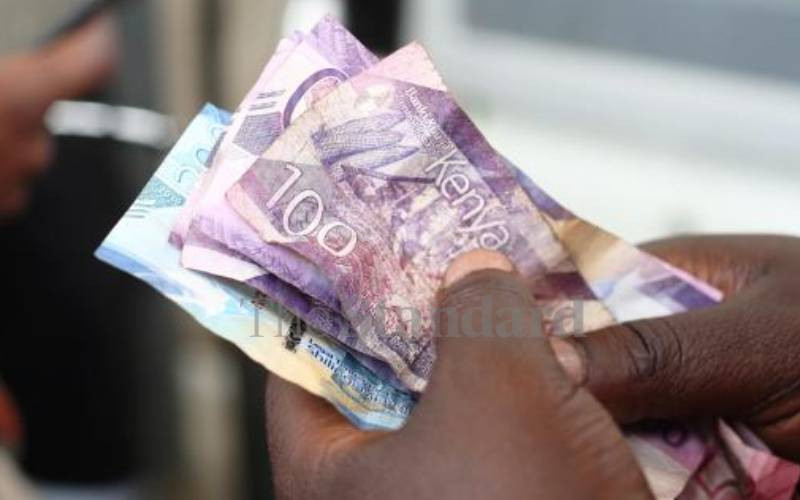×
The Standard e-Paper
Kenya’s Boldest Voice

The value of the Kenyan Shilling is hurtling fast towards a new record low of 160 per unit against the dollar, leading to further financial distress for consumers in the New Year.
The shilling reached an unprecedented new low against the dollar last week due to a surge in demand for the greenback, traders said.